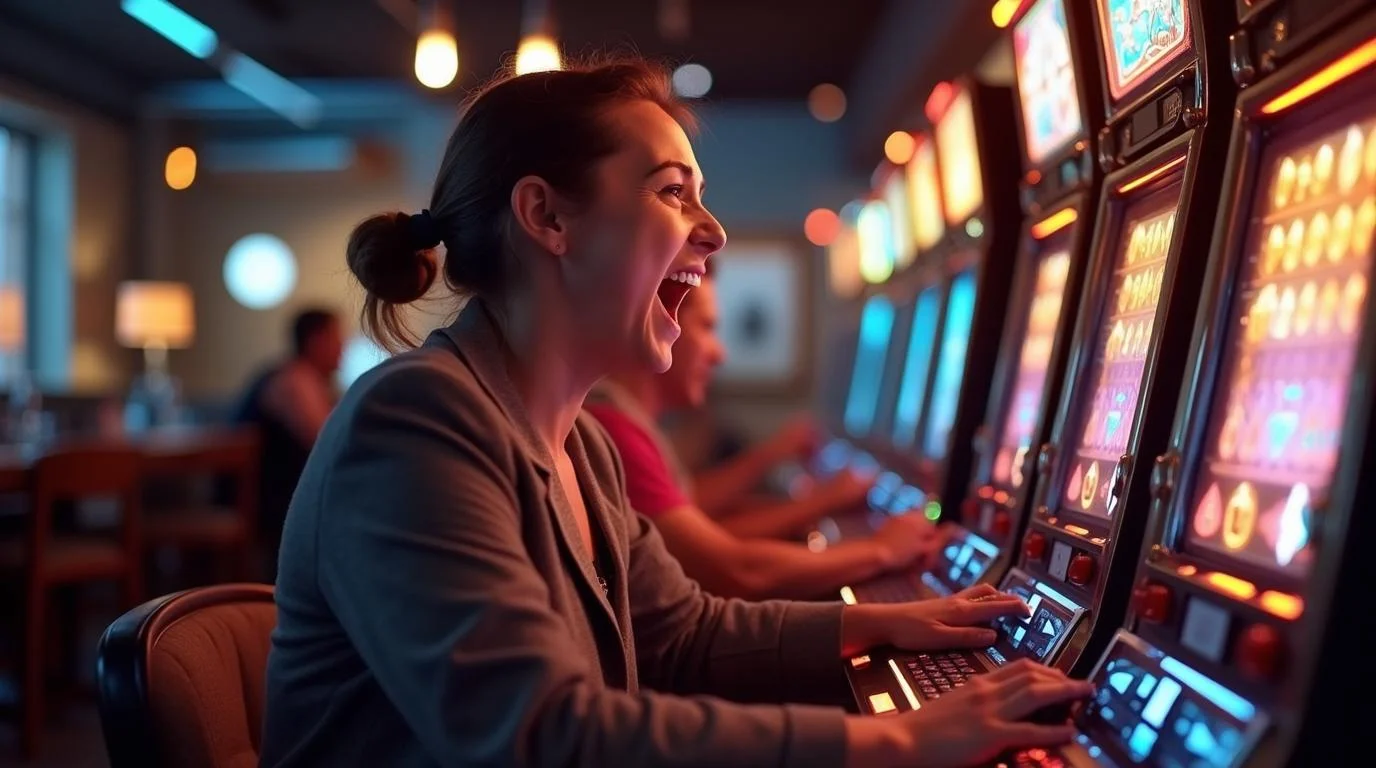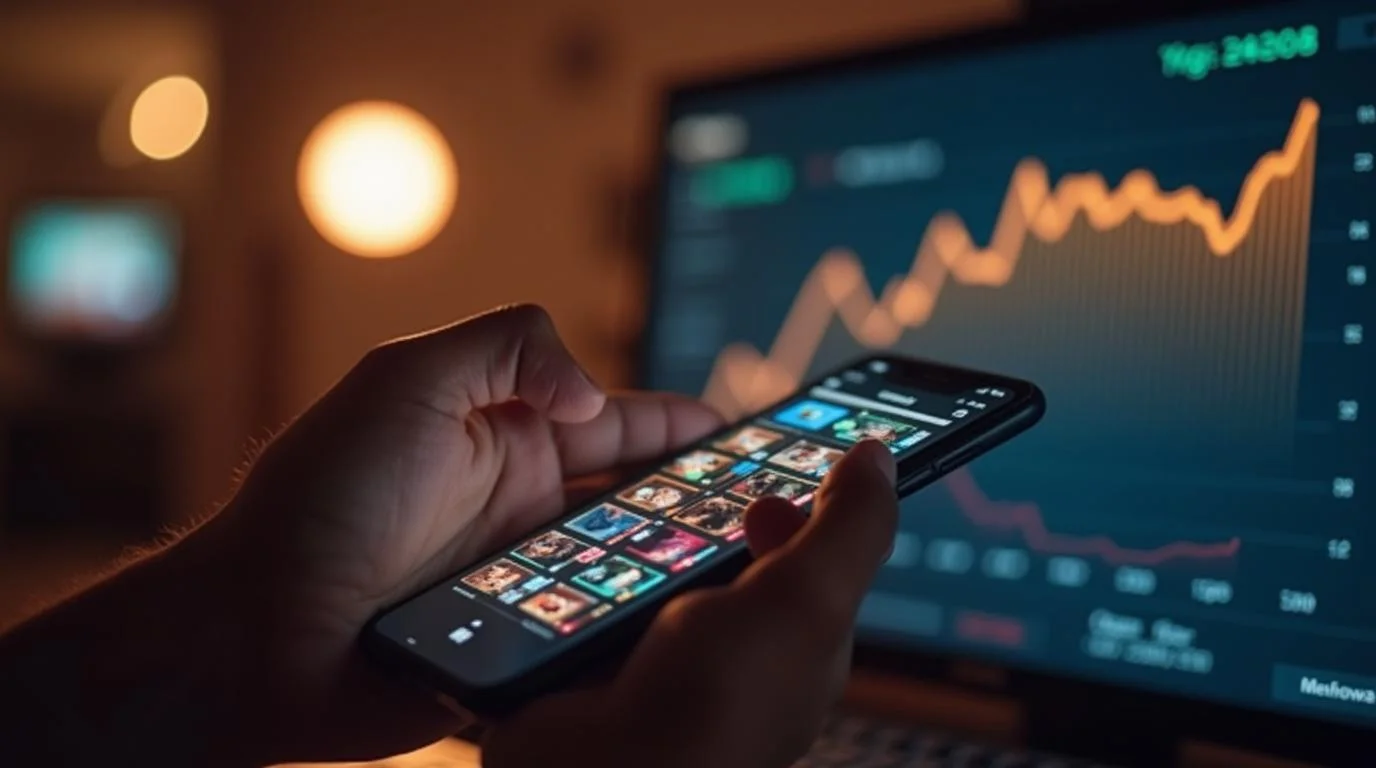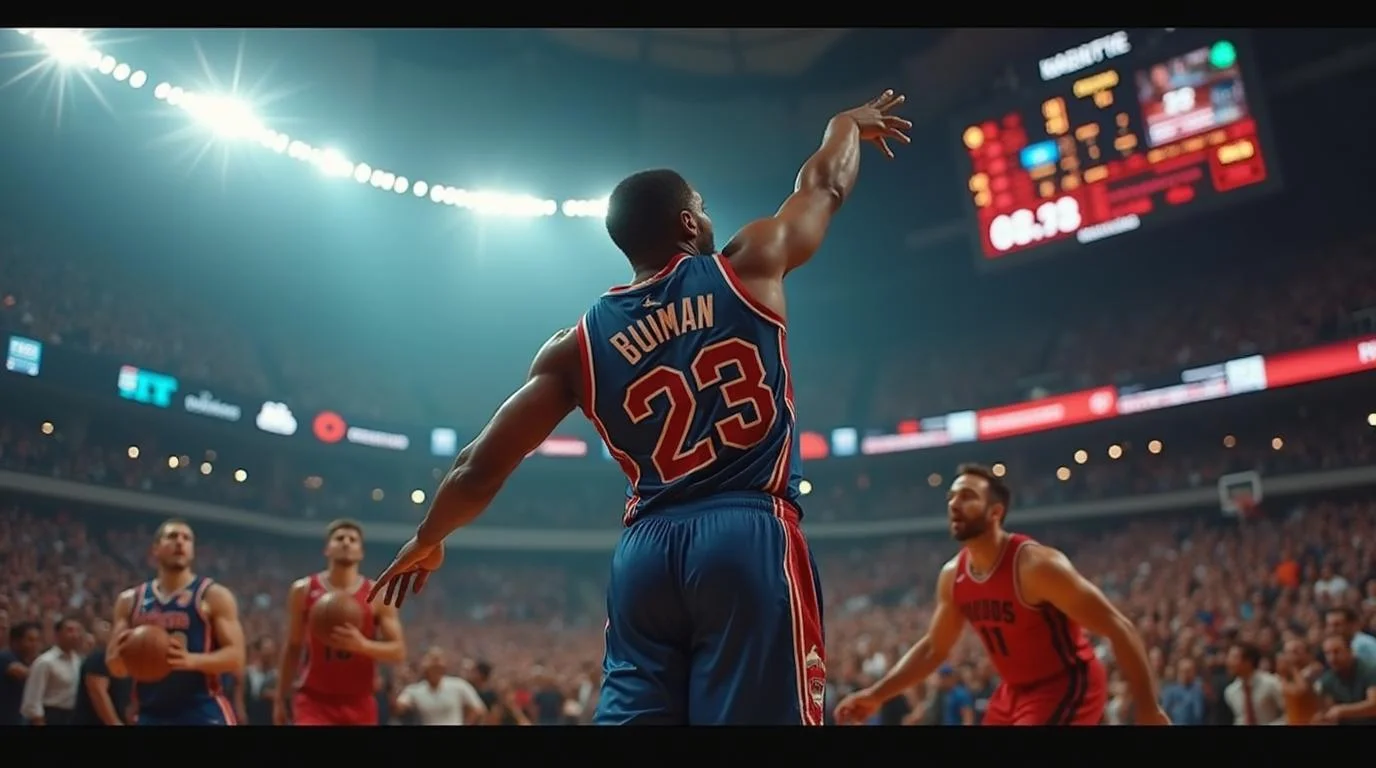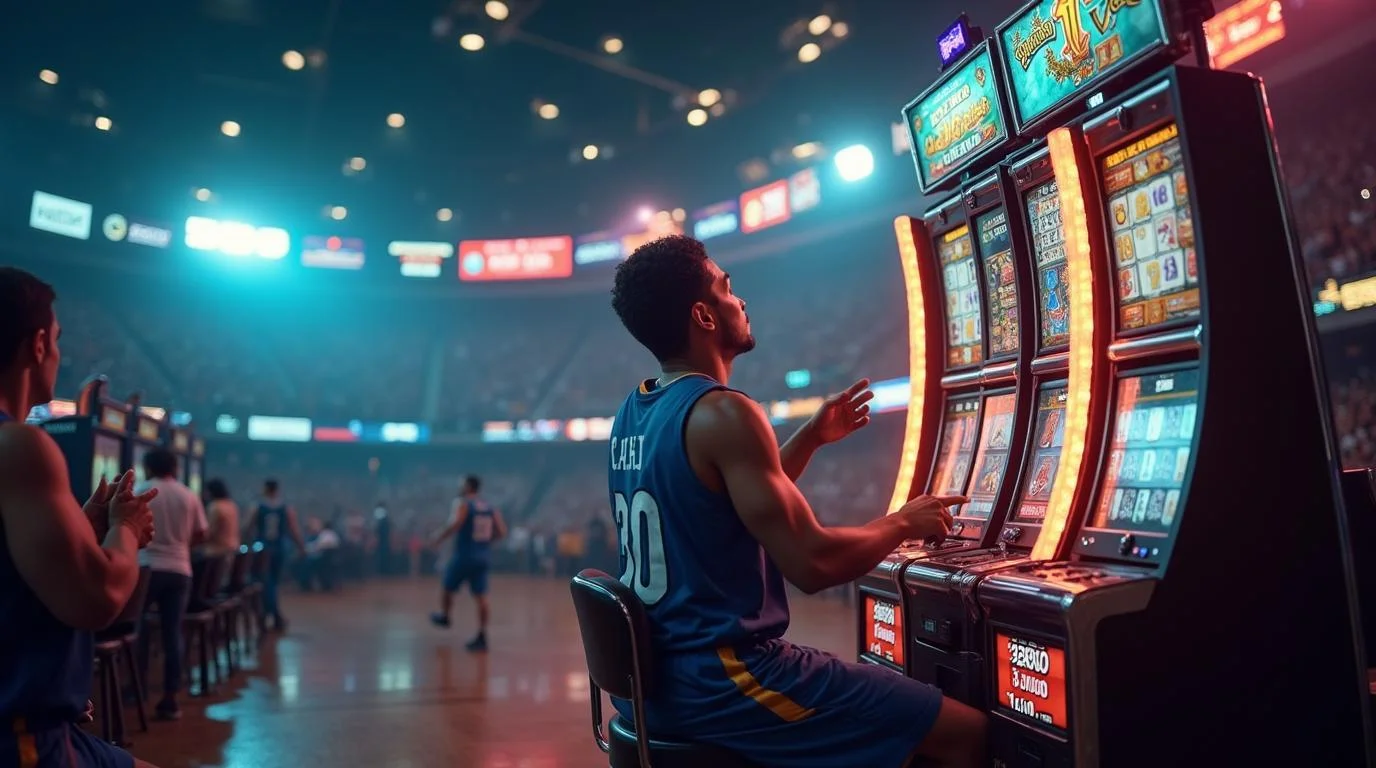Summer Slowdown: Gaming Revenue in Nevada Decreased Nearly 7% Compared to Last Year

1.0
Default
The Nevada Gaming Control Board has just released a report detailing the gross gaming revenue for the month of July, saying the revenue fell 15% to $1.3 billion, its lowest in four months. Slot and table games were to blame, as casinos on the Vegas Strip loosened their games, but the downturn could also be attributed to worsening inflation.
The Nevada Gaming Control Board announced on Tuesday that the taverns and casinos in Nevada faced a noticeable slowdown in gross gaming revenue during the summer, particularly in July. Despite the usual fanfare of fireworks in Las Vegas, the Strip's gaming revenue did not mirror the celebratory mood, showing a significant 15% decline compared to the same month last year. This marks the first statewide decrease in gaming revenue in four months.
A slow summer on the Strip compared to last year
In July, Nevada's gaming showed a decrease to $1.306 billion, and the Las Vegas Strip was the primary contributor to this downturn. The Strip saw its gaming win plummet by 15%, resulting in the first year-over-year decline in statewide gross gaming revenue since March. The $1.306 billion collected in July of 2024 was almost 7% lower than the over $1.4 billion revenue reported in July of 2023.
The decline was partly attributed to the loosening of slot machines on the Strip, which resulted in less-than-satisfactory hold rates across various denominations. For instance, Nevada's slot win rates fell into the single digits, from nickel to up to $100 machines. Table games also experienced a decline, with the hold rate dropping from almost 18% in July of last year to under 15% in July 2024.
The ongoing challenges
Michael Lawton, senior economic analyst for the NGCB, commented on the challenges of matching last year's performance. "July 2023 was a difficult time to emulate, as the $1.404 billion won that month was, at the time, a record high for any month in Nevada’s long and rich gaming history," Lawton explained. While some analysts are concerned about inflationary pressures along with the broader economy, Lawton emphasized that the July report should not be seen as a sign of an industry downturn. "I would not call this the start of any downturn," Lawton said to the Las Vegas Review-Journal. He added that this was a very difficult comparison, as July 2023 was the second-highest total win in the history of the Strip and the state.
The struggles for the Vegas Strip were the most significant aspect of the July gaming landscape. Gross gaming revenue along South Las Vegas Boulevard dropped by 15% to only $709.3 million, and it highlighted the challenges faced by the state's most critical gaming sector. However, Clark County, home to Las Vegas, slightly counterbalanced the losses, with downtown casino revenue rising by 10% to a total of $71.8 million. Despite this, the county as a whole reported a gross revenue of $1.118 billion, representing a more than 7% loss year over year.
A decline in table games, sports betting, and other games
Table games, along with revenue from keno, bingo, and sports betting, experienced a sharp 30% decline on the Strip, totaling $290.5 million. Oddsmakers retained only $10.2 million of the wagers placed, marking a 7% drop with a meager hold rate of 6%. Strip slots, although down by less than 1%, generated $418.8 million.
Despite the decline in July, statewide GGR continues upward with an overall increase of 3% over the last 12 months. However, the revenue trend has shown a slight decrease of nearly 1% across May, June, and July, raising concerns about the potential impact of inflation on consumer spending.
Inflation affecting spending across the US
A recent study by WalletHub (a personal finance platform), accentuates these concerns. The study revealed that nearly three in four adults in the US believe inflation is affecting their discretionary spending. According to WalletHub, 74% of workers expressed frustration with rising costs, and two-thirds said financial strain has altered their Labor Day plans.
Jim Lee, a professor at Texas A&M's College of Business, stated that even though inflation has subsided, Americans are facing significantly higher hotel rates, airline ticket prices, and gas prices compared to pre-pandemic levels.
In spite of these challenges, Las Vegas remains a popular destination for Labor Day weekend, a holiday that celebrates the US workforce. In fact, the Las Vegas Convention & Visitors Authority anticipates that 331,000 people will visit Nevada during the long weekend, marking a 3.4% increase from last year.



















